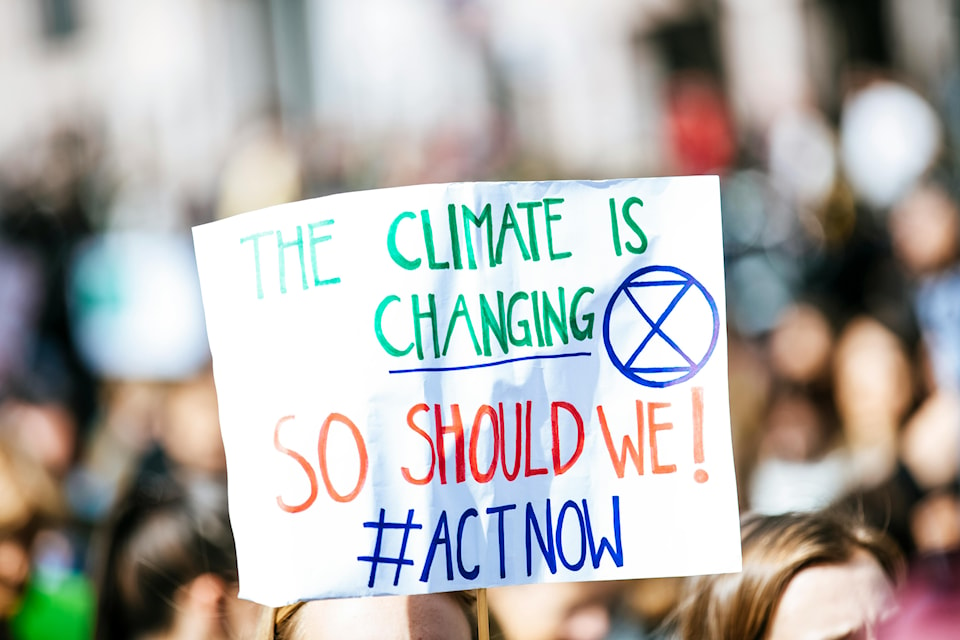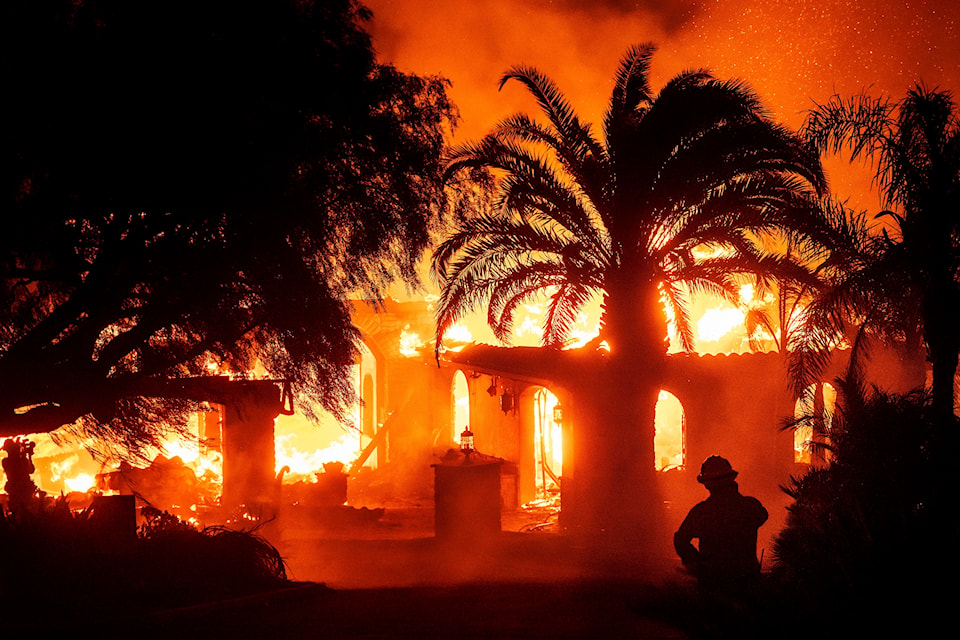Global political leadership is failing the world, especially new generations, in cooperating in fighting against anthropogenic climate change, the greatest threat humans have ever faced. This isn’t new, as oil, coal and gas lobbies exert enormous pressure on governments by dictating their agendas.
But it is equally disheartening that, despite the worsening climate crisis over the past decade, world leaders, particularly those in the richest countries, have failed to make decisive progress towards meeting the 1.5 C threshold set during the 2015 Paris Agreement.
As the 2024 United Nations Climate Change Conference, or COP29, is underway in Baku, Azerbaijan, a new study published by the United Nations last month called Emission Gap Report 2024 has assessed the climate progress in cutting emissions since last year’s COP28, when countries vaguely called for transitioning away from fossil fuels.
The verdict? There was none.
The report stated greenhouse gas emissions grew 1.3 per cent to 57.1 gigatons of carbon dioxide last year, making the 1.5 C goal by 2030 harder to reach.
To remain on that pathway, emissions should fall by 42 per cent by 2030 compared to 2019 levels, while for 2 C, emissions should be cut by 28 per cent by 2030.

The report found current climate policies would deliver up to 3.1 C of warming, causing devastation to people, ecosystems, and economies and necessitating further costly and large-scale carbon dioxide removal from the atmosphere.
It is clear emission cuts should be more extreme — but would be more difficult to put into practice — in the coming years if the world wants to stay well below 2 C and closer to 1.5 C.
The study also showed that despite climate investments in adaptations and mitigation having grown steadily to almost $1.3 trillion in 2021 and 2022, funding needs to increase to an average of $9.1 trillion by 2035, a figure that is manageable in the context of the current global economy.
Investment patterns need to shift from fossil, agriculture and fishery subsidies to key sectors like energy, transportation, and buildings that can play a role in reaching the 1.5 C goal and mitigating global warming in 2035, with a mix of private and public finance involving tax collection, private capital, multilateral development banks and concessional finance.
These ambitious and overdue targets would require global cooperation and an energy system transformation that simply does not exist.
Major political and economic shifts since the Paris Agreement have undermined climate collaboration, like the wars in Ukraine and Gaza, the deteriorating U.S.-Russia relationship, the Chinese dominance in the clean-energy supply chain, and the broken promises by rich countries to help the poor to shift away from fossil fuels.
The world is also holding its breath to see what will happen to U.S. climate policies once Donald J. Trump returns to the White House. He has promised to withdraw the country from the Paris Agreement, as he did in 2016, with disastrous consequences for the fight against climate change.
The scale and pace to mitigate global warming immediately would be comparable only to those seen following a global conflict, according to the report.
The recent research project Global Carbon Budget, published by the Global Carbon Project and produced by an international team of more than 120 scientists, confirms this grievous trend.
The study found global carbon emissions from fossil fuels have reached a record high this year of 37.9 billion tonnes, up 0.8 per cent from 2023. Coal has increased by 0.2 per cent, oil by 0.9 per cent and gas by 2.4 per cent, contributing 41 per cent, 32 per cent and 21 per cent of global fossil emissions, respectively.
Global Systems Institute Professor Pierre Friedlingstein, who led the study, said climate change impact is becoming increasingly dramatic, but there’s no sign the burning of fossil fuels has peaked.
“Time is running out to meet the Paris Agreement goals,” he said. “World leaders meeting at COP29 must bring about rapid and deep cuts to fossil fuel emissions to give us a chance of staying well below 2 C warming above pre-industrial levels.”
At this point, the real question is: will they?
Looking at COP29 itself, one cannot help but notice enormous contradictions. A petrostate is hosting the event for the second year in a row, a petrostate is hosting the event, after the United Arab Emirates last year.
Shortly before the climate talks started this Monday, Elnur Soltanov, the chief executive of Azerbaijan’s COP29 team and deputy energy minister of the country, was recorded discussing possible fossil fuel deals with a purported oil and gas investment group, according to the climate justice group Global Witness that conducted the investigation.
During the summit’s opening speech, Azerbaijan President Ilham Aliyev lashed back at criticism from some Western countries, calling natural resources, including oil and gas, a “gift of the God.”
Negotiators from Argentina were ordered by the government to leave COP29 on Wednesday, just three days after the event started, raising concerns about the tenure of the agreements to be discussed.
Argentinian President Javier Milei previously called the climate crisis a “socialist lie.”
We are at a point where our lives are in danger, and not only because of climate change.
It’s time for global leaders across the political spectrum to take the climate crisis very seriously, or they will go down in history as the generation who didn’t rise to the occasion, avoiding bold and effective actions.
It is necessary to fear serious political consequences for those who put their interests or those of their power group before the common good. The public needs to know they have the power to call them out and vote these people out. International events like the COP29 are called “climate talks,” but the time to talk is over.
Now, it’s the time to act.




